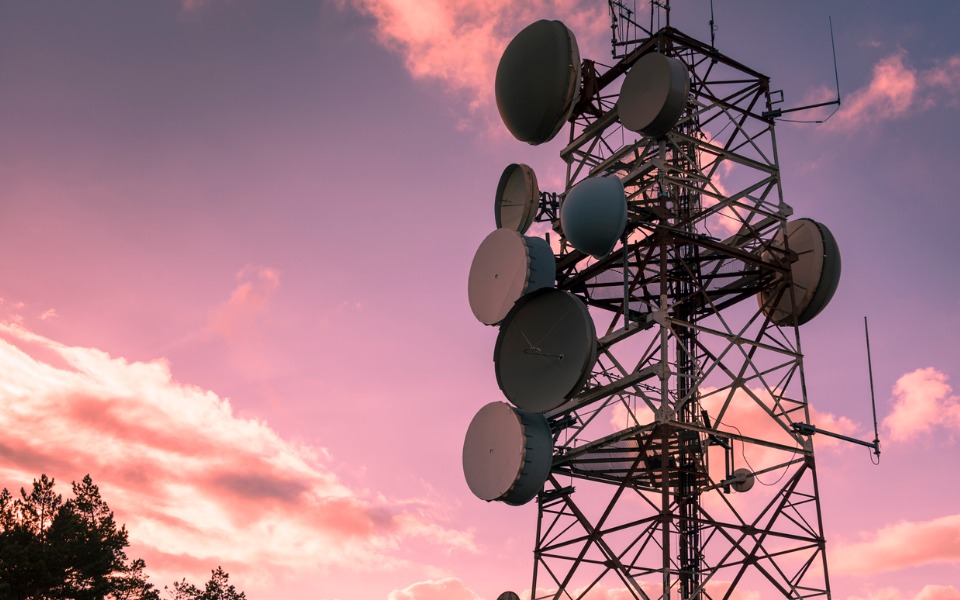
As Russia attacks, SpaceX, Google, Meta jump in to support Ukraine

As Russian troops advanced into Ukraine and fatalities were reported on both sides, the battle on the internet continued, too. Connectivity in Ukraine has been hit hard over the past few days, especially in the southern and eastern parts that have been witness to the heaviest military action.
NetBlocks, a London-based internet blockage observatory, said that connectivity to GigaTrans, Ukraine’s main internet provider, declined to below 20 per cent of the average level on Thursday, but picked up a little on Friday. The national connectivity is now at 87 per cent of normal levels, said a Reuters report citing NetBlocks officials. The drop in connectivity could indicate service disruptions, population flight to escape the war, as well as shuttering of businesses.
Ukrainian request
Meanwhile, billionaire Elon Musk, who runs space organisation SpaceX, said the company’s Starlink satellite broadband service is available in Ukraine. Further, SpaceX is sending more terminals to the country since its internet service has been severely disrupted by the Russian invasion, he said.
Starlink service is now active in Ukraine. More terminals en route.
— Elon Musk (@elonmusk) February 26, 2022
Musk was responding to a tweet by Ukraine’s Minister of Digital Transformation, Mykhailo Fedorov, who said Russia was trying to occupy his nation even as the SpaceX founder was looking to ‘colonize Mars’. He further requested Musk to provide his country with Starlink stations.
Live: Russian forces enter Kharkiv, number of refugees hits 368,000
“Starlink service is now active in Ukraine. More terminals en route,” responded Musk, drawing much praise from Twitterati. Starlink is a satellite-based internet system that seeks to bring net access to underserved areas across the world.
SpaceX’s California neighbour Google on Saturday sought to block funds inflow via ads to Russian media outlets. It barred RT, the Russian state-owned media outlet, as well as other channels from encashing ads on their apps, websites and YouTube videos.
Social media platform Facebook, run by Meta, had earlier brought in such a measure.
YouTube pauses monetisation
YouTube, a Google arm, said it was “pausing a number of channels’ ability to monetise on YouTube”, amid “extraordinary circumstances”. Among the Russian channels involved are those linked to recent sanctions, including those of the EU. On Wednesday, the EU had slapped sanctions on individuals such as RT’s editor-in-chief Margarita Simonyan. Also, videos from the media who face the measures will also come up less often in recommendations.
Also read: ‘Colleges threatened us to slap fine if we chose to fly out of Ukraine early’
It may be noted that Mykhailo Fedorov had approached YouTube “to block the propagandist Russian channels — such as Russia 24, TASS, RIA Novosti”.
Additionally, due to Google’s measures, state-owned Russian media cannot buy ads via Google Tools. Nor can they place ads on Google’s search and email services.
According to a Reuters report, Russia received around $7 million to $32 million over 2016-18 from ads across the 26 YouTube channels backed by it.
Twitter tweets on restrictions
Twitter, which is being extensively used for communication amid the Ukraine-Russia crisis, said on Saturday that it is being restricted for some users in Russia. The microblogging site said in a tweet that it is working to keep its service safe and accessible. NetBlocks also noted that Twitter is being barred on leading Russian networks.
⚠️ Confirmed: Live metrics show that Twitter has been restricted on multiple providers in #Russia as of 9:00 a.m. UTC; the incident comes as the government clashes with social media platforms over policy in relation to the #Ukraine conflict ?
? Report: https://t.co/ihPX8fb86s pic.twitter.com/nGrcHzjIXd
— NetBlocks (@netblocks) February 26, 2022

